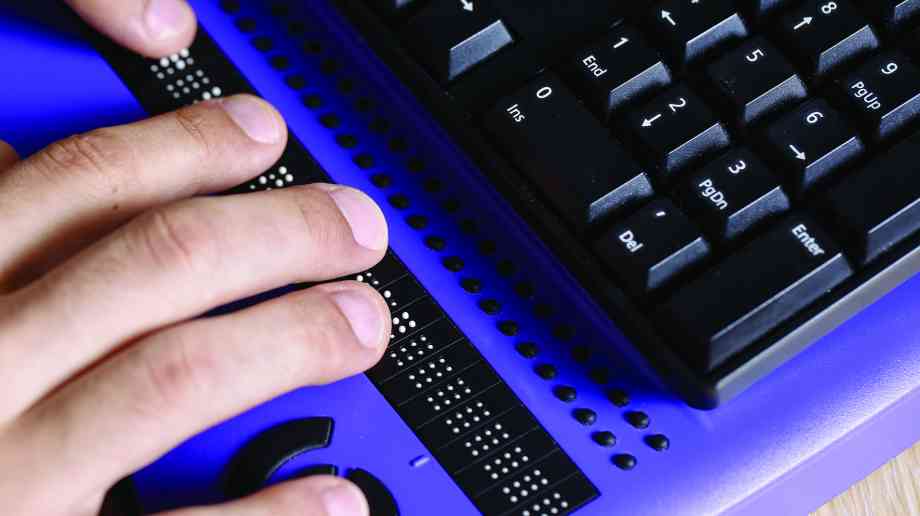Have you ever gone shopping for a new laptop? If so, you probably are aware of how confusing the process can be. There are so many different features and software packages available that it can be hard to know which one you need. Use the following tips to help make the process go more smoothly.
Make sure you know how much space the laptop will have. This should be something you either read where you’re buying it, or something you ask to the person selling it. This represents how much you can store on your computer. You want to be able to have something that you can work with when you need a lot of space for things like video files.
If you need to get something fixed on your computer, make sure you know how long a repair place will take to do it. You don’t want to have to send in a computer you need only for it to take forever to get back. Try finding some place that isn’t that busy and does good work in your area.
If you travel a lot, buy a laptop with a durable exterior shell. Some business laptops are created with travel in mind, and this can help them to withstand the bumps and bruises that often come along with frequent flyer miles you might accrue. Always ask about this feature before making your final purchase.
You may not actually need a disk drive. Consider a computer that simply comes with a CD/DVD combination drive. Flash drives, external hard drives and cloud storage available on the Internet make it easier for you to save vital files without cluttering your computer’s hard drive. This can save you money and decrease the weight of your laptop.
Battery life is an important consideration when you are considering the purchase of a laptop computer. Check how long the manufacturer says the battery will last, but keep in mind that your actual usage may affect this number. If you intend to use your laptop for more than 3 or 4 hours, plan on an extra battery or someplace to plug it in and recharge.
A laptop is more prone to damage from moving around than a stationary PC. For this reason, you may want to consider an extended protection plan. Protection plans can also protect you computer against some accidents and damages. Make sure you read about the coverage details before buying.
Be careful when dealing with add-ons. Some laptop manufacturers may sell additional add-ons. Without proper research on them, you shouldn’t consider them. It may seem beneficial to get a scanner, printer, camera, etc. you could pay a premium for the add-ons, or something like ink for the printer. Do proper research to make sure anything extra suits your needs so that you don’t waste money. Be careful with free add-ons. You need to make sure they don’t have a price that’s just added to the total computer price.
Now that you have read this article, you should find it much easier to go shopping for a new laptop. Sorting through all of the different choices is a lot simpler when you have armed yourself with some good advice. Use the tips you have read to find the perfect laptop.





